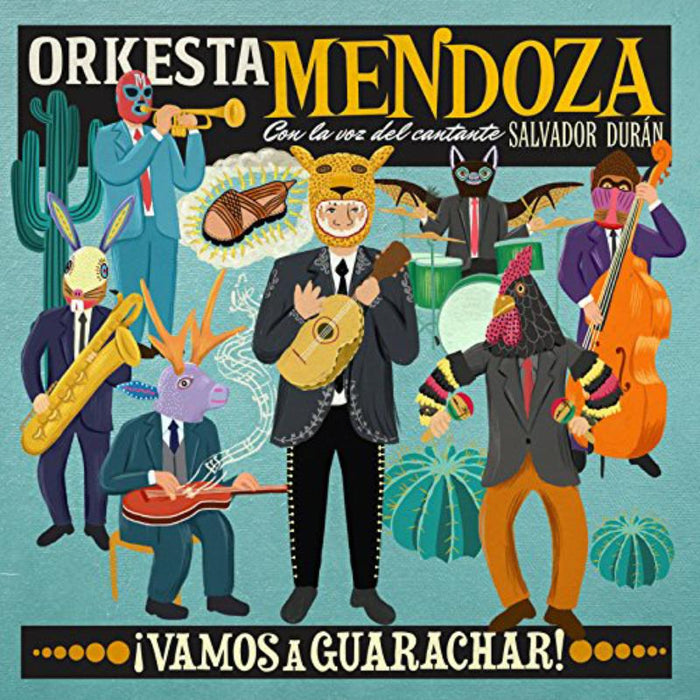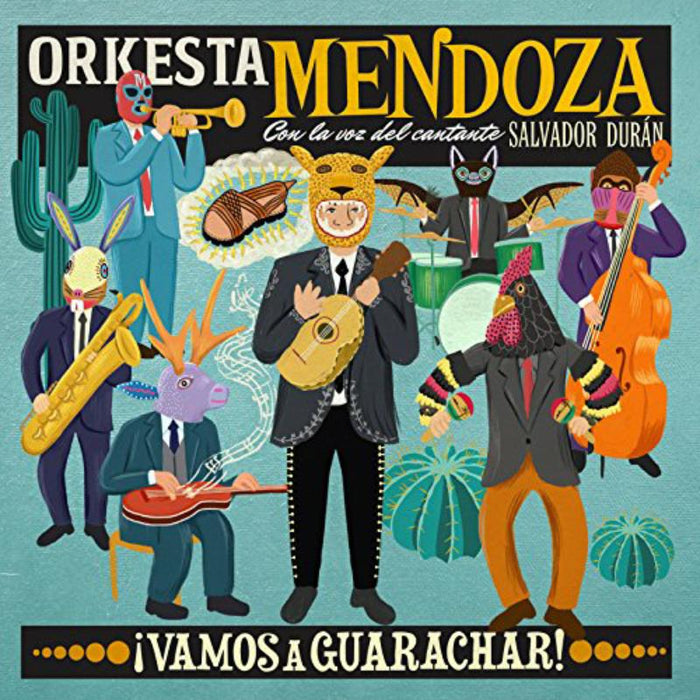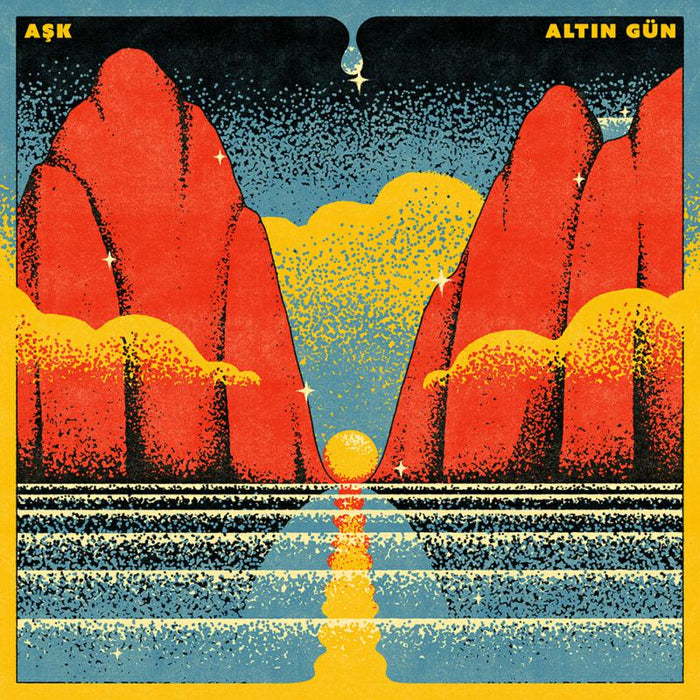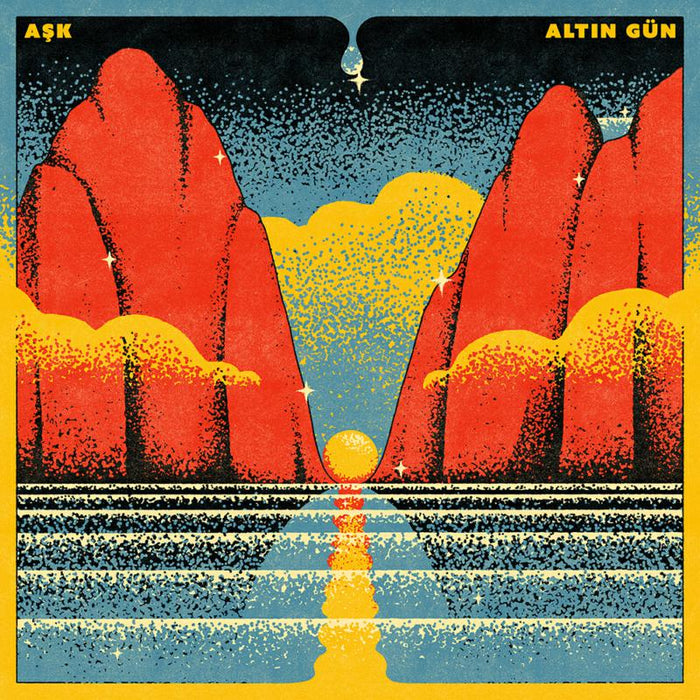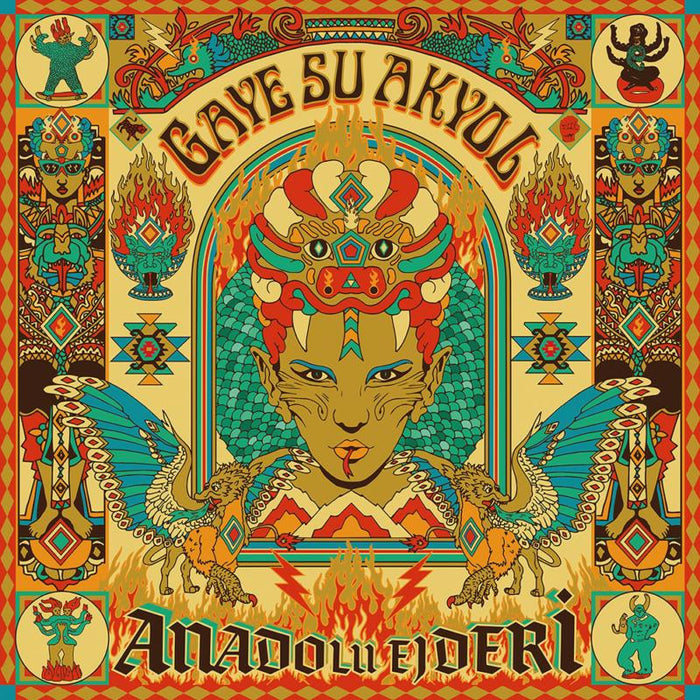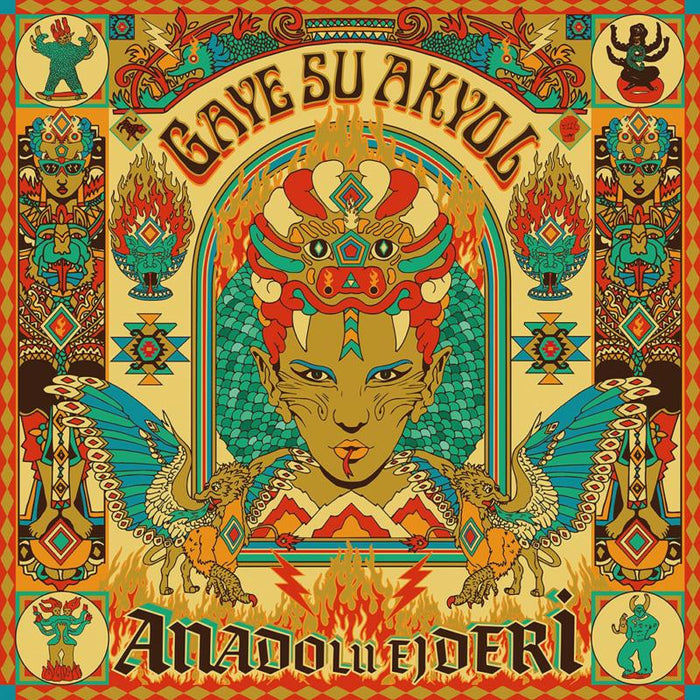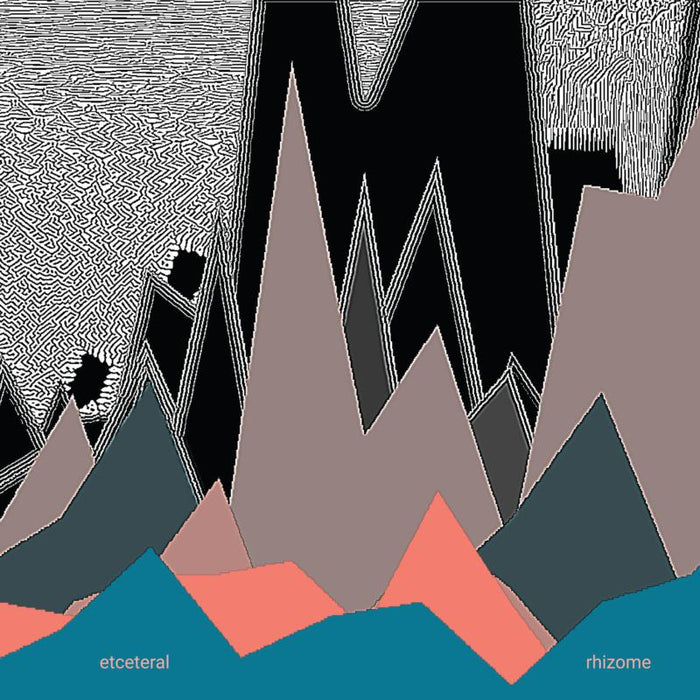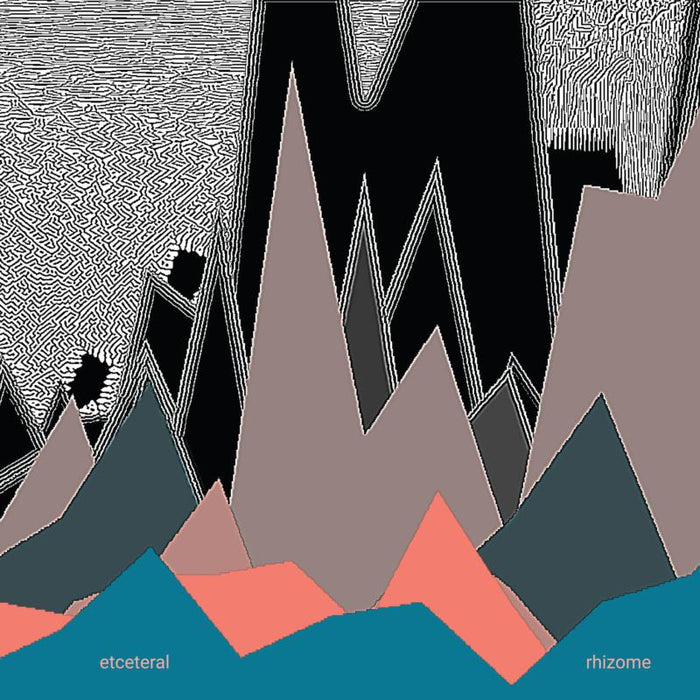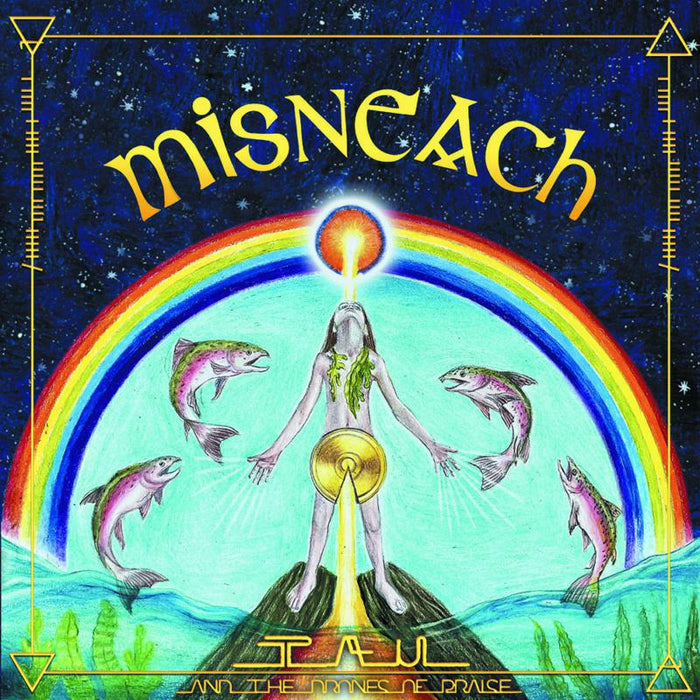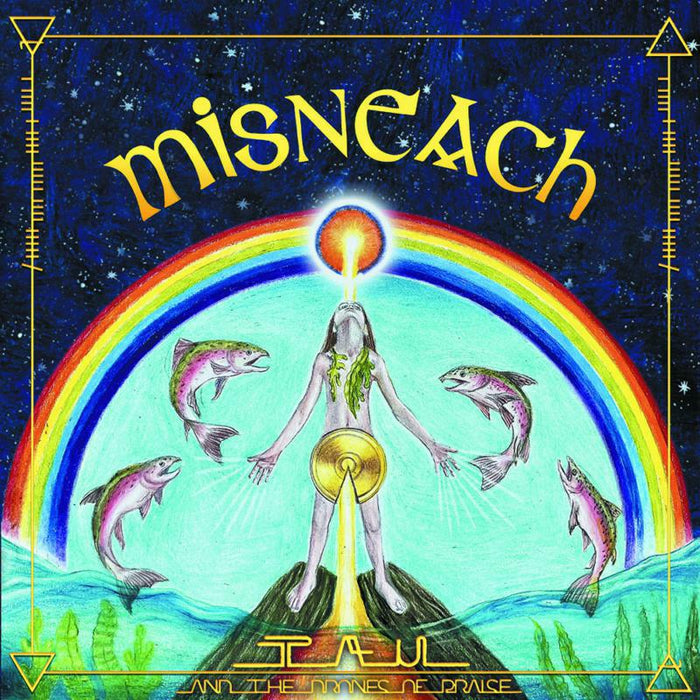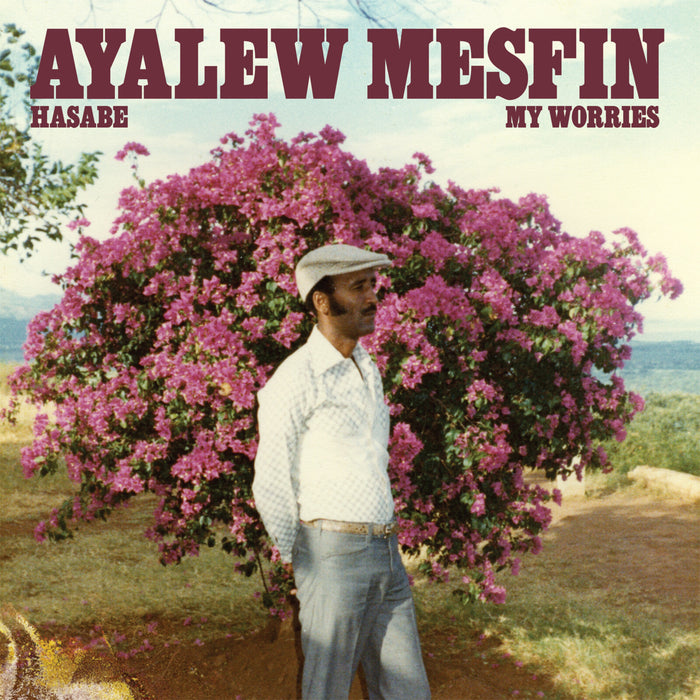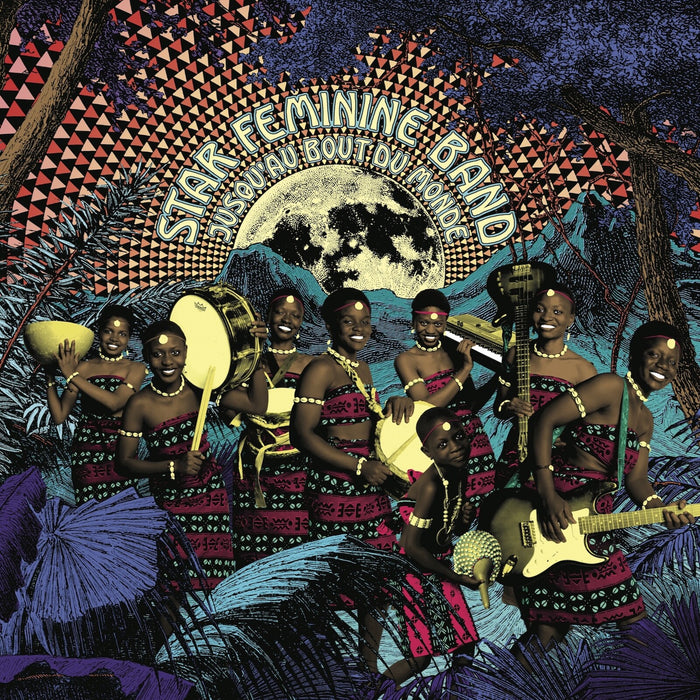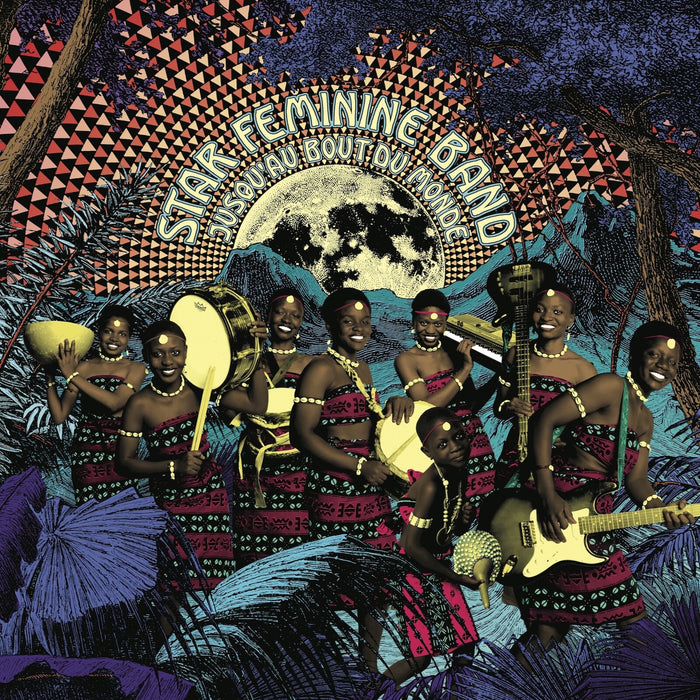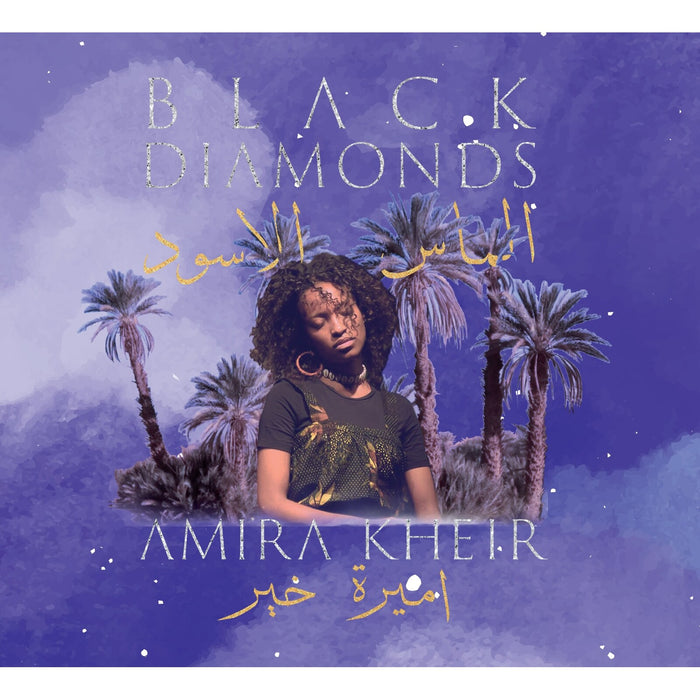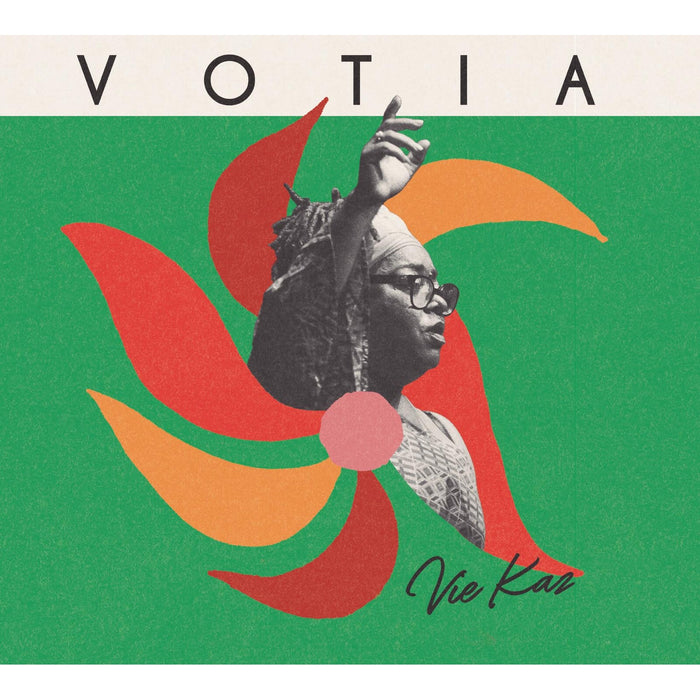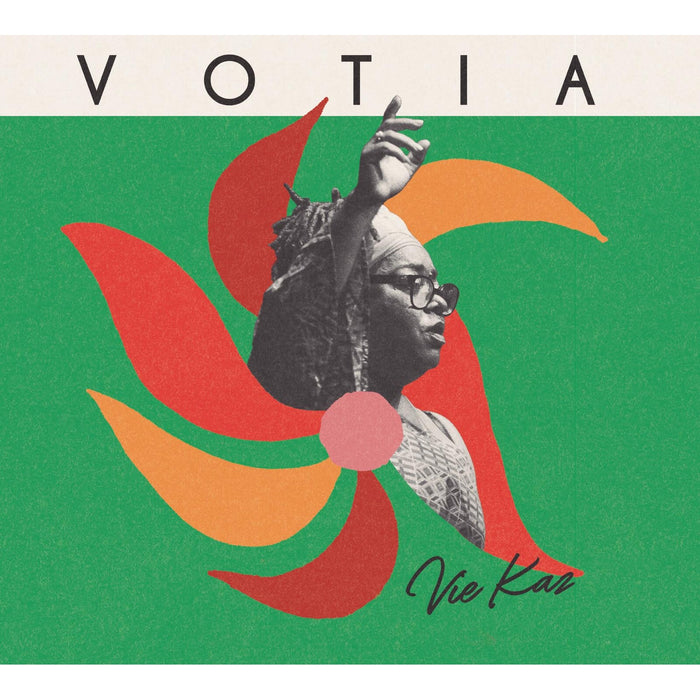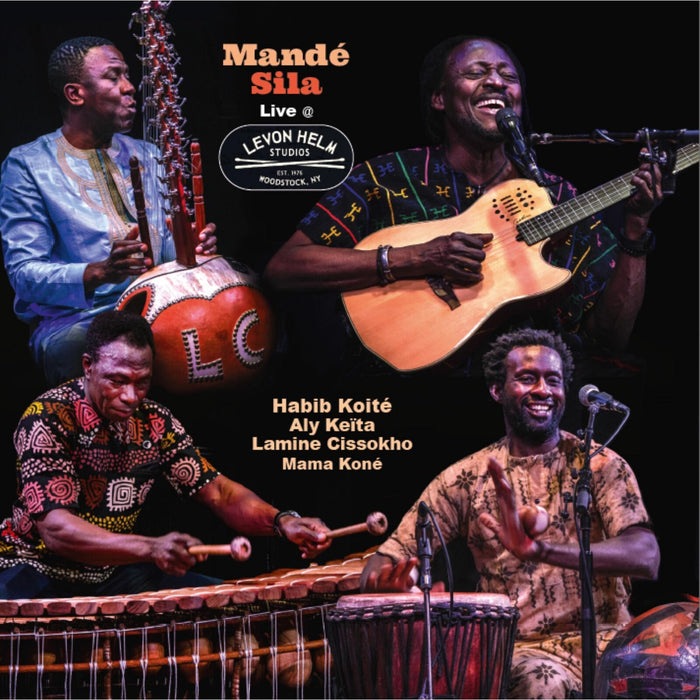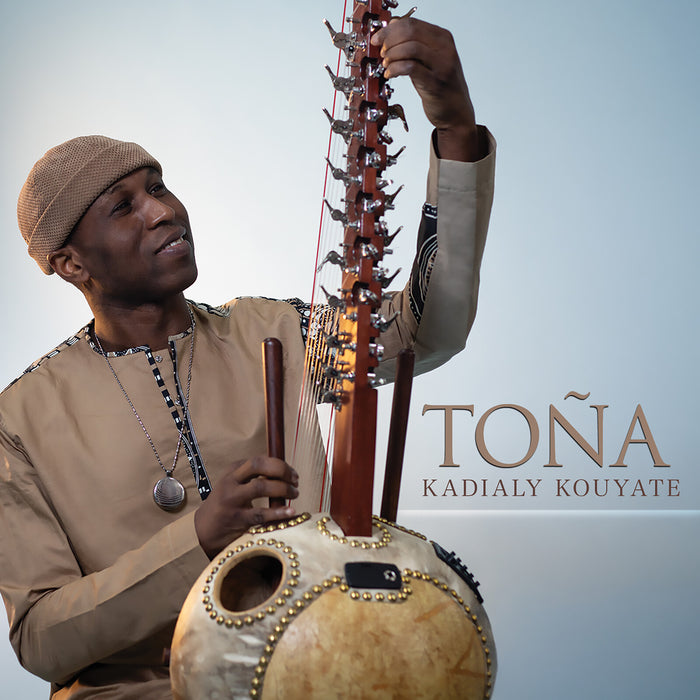Description
Seven-and-a-half thousand kilometres of cold ocean separate West Africa from Haiti. But music can cover that distance in a heartbeat, crossing the Atlantic to reunite the rhythms and religion of people torn from their homes to be sold into slavery on the Caribbean island. And on its self-titled album, the Afro-Haitian Experimental Orchestra honours those ghosts of the past even as it walks steadfastly and hopefully into the future.
Experimental by name, the band was definitely experimental by nature. The concept started with Corinne Micaelli, the director of the French Institute in Haiti. She wanted to bring drummer Tony Allen, the power behind Afrobeat and one of modern music’s towering figures, to the island. A performance with Haitian musicians at a major public concert would be perfect. Allen agreed, and Erol Josué, a singer, dancer, voodoo priest, and director of the Haitian National Bureau of Ethnology, helped to recruit local percussionists and singers. They decided, in order for different strands of Haitian music to be represented, that the musicians would be drawn from a cross-section of the country’s foremost bands, including Racine Mapou de Azor, RAM, Erol's own band, the Yizra'El Band and Lakou Mizik, the group of Sanba Zao, one of Haiti's leading percussionists and traditional singers.
Together, the musicians had just five days to compose and rehearse the set they’d play in the main square of Haiti’s capital, Port-au-Prince, and broadcast live throughout the country.
What emerged from those long, hot sessions were a series of tracks with roots on both sides of the Atlantic, compelling layers of subtle polyrhythms that bridge centuries and cultures. Relentless grooves become the foundation for soaring, utterly modern melodies like the swirling, electronica-fuelled “Salilento” or the Afro Vocoder ritual sound of “Yanvalou” that’s inspired as much by Krautrock and Sun Ra as Lagos or Port-au-Prince. Flying on inspiration and adrenaline, it’s roots music for a global future.







